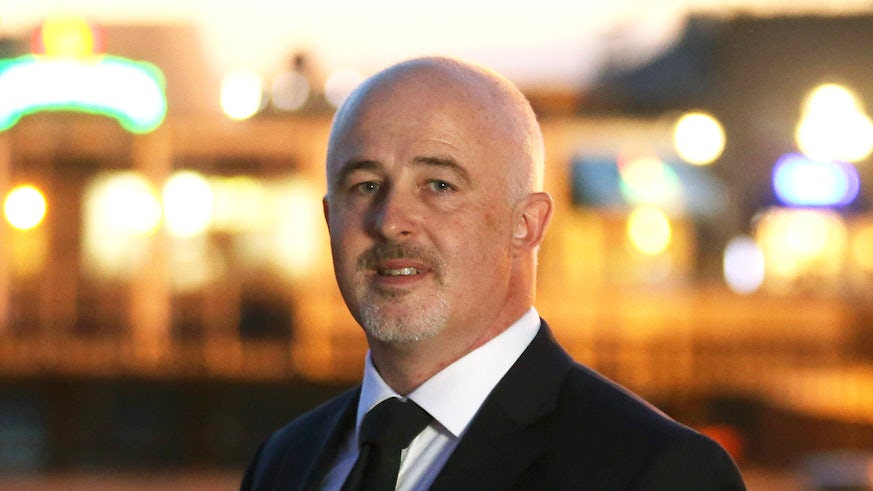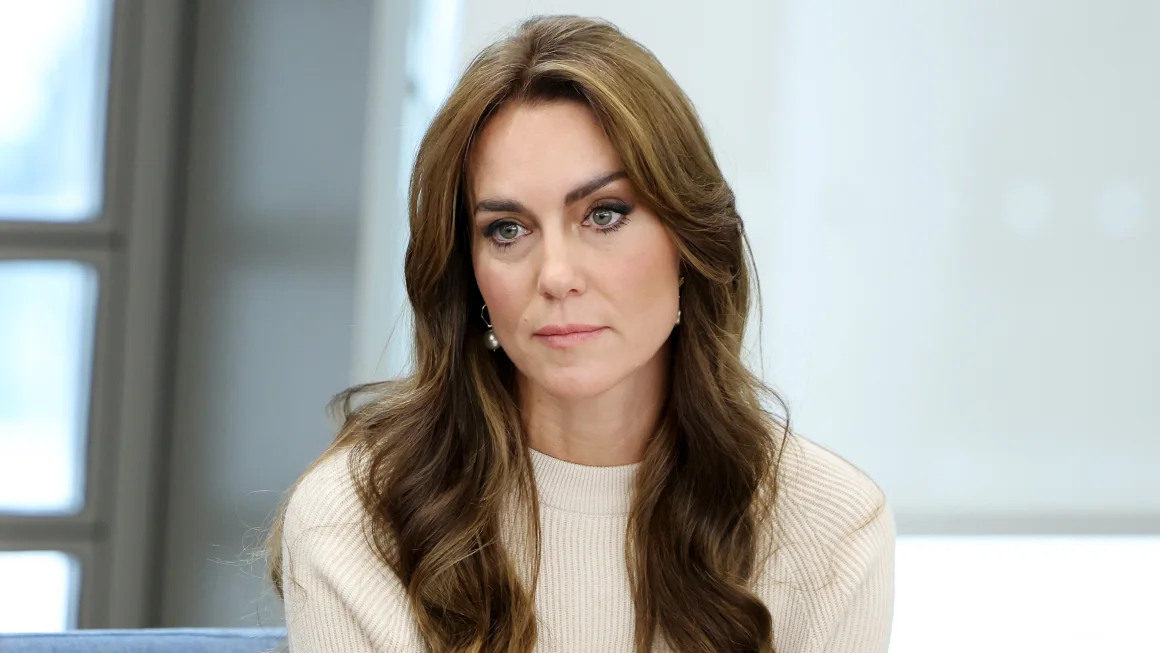Experts reveal a Kremlin-affiliated disinformation group spreading Kate conspiracies in recent reports. Princess Catherine disclosed her battle with cancer amidst intense speculation about her absence. Martin Innes, is a leading disinformation expert at Cardiff University. He explains how Kate’s health rumours provided fertile ground for foreign actors to sow discord.
Innes and his team traced the origins of the bogus claims to around 45 social media accounts. This campaign aims to destabilize Western adversaries and erode trust in their institutions. it does so by spreading conspiracies about Russia’s role in conflicts like the Ukraine war.

The UK’s complex relationship with Russia has normalized Russian interference in its democratic processes, as highlighted in a 2020 parliamentary report. Despite tensions, the UK historically accommodated oligarchs from the former Soviet Union.
Researchers at Cardiff University, pioneering disinformation studies since 2018, detected irregular online traffic patterns surrounding the Kate conspiracies. Innes noted that accounts spreading falsehoods engaged in reply-commenting tactics. They diverted discussions to topics like the Ukraine conflict or Russian elections’ integrity, typical of the known Russian disinformation group “Doppelganger.”
“Doppelganger,” a commercial firm contracted by the Kremlin, targets audiences in the US and Europe, including Ukraine. Despite attempts by platforms like Meta to disrupt its operations, Doppelganger’s disinformation campaigns have grown more sophisticated, as recent US Treasury sanctions indicate.
While some conspiracies are fabricated, others exploit existing divisions within Western societies. The Kate rumours flourished due to the prevailing conspiratorial mindset among much of the Western public. Rasmus Kleis Nielsen of Oxford University echoed this, emphasizing disinformation campaigns’ tendency to capitalize on engaging and divisive issues.
The situation escalated when Kensington Palace released a Mother’s Day photo of Kate and her children, intending to dispel rumours. However, alleged discrepancies fuelled speculation, prompting global news agencies to retract the photo, exacerbating confusion.

Anna George, of the Oxford Internet Institute, highlighted the Russian playbook of sowing confusion and undermining trust. She suggested the debacle may have provided the Kremlin grounds to accuse British institutions of spreading fake news.
Following the photo controversy, Kate’s public appearance with Prince William triggered coordinated online activity, consistent with Doppelganger’s tactics. Innes observed a sudden flurry of activity on social media, indicating a strategic effort to exploit the situation amid Putin’s re-election in Russia.
The Kate conspiracies underscore the pervasive threat of disinformation campaigns. As Western democracies grapple with defending against such attacks, the need for robust countermeasures to safeguard public trust and democratic integrity remains paramount.
